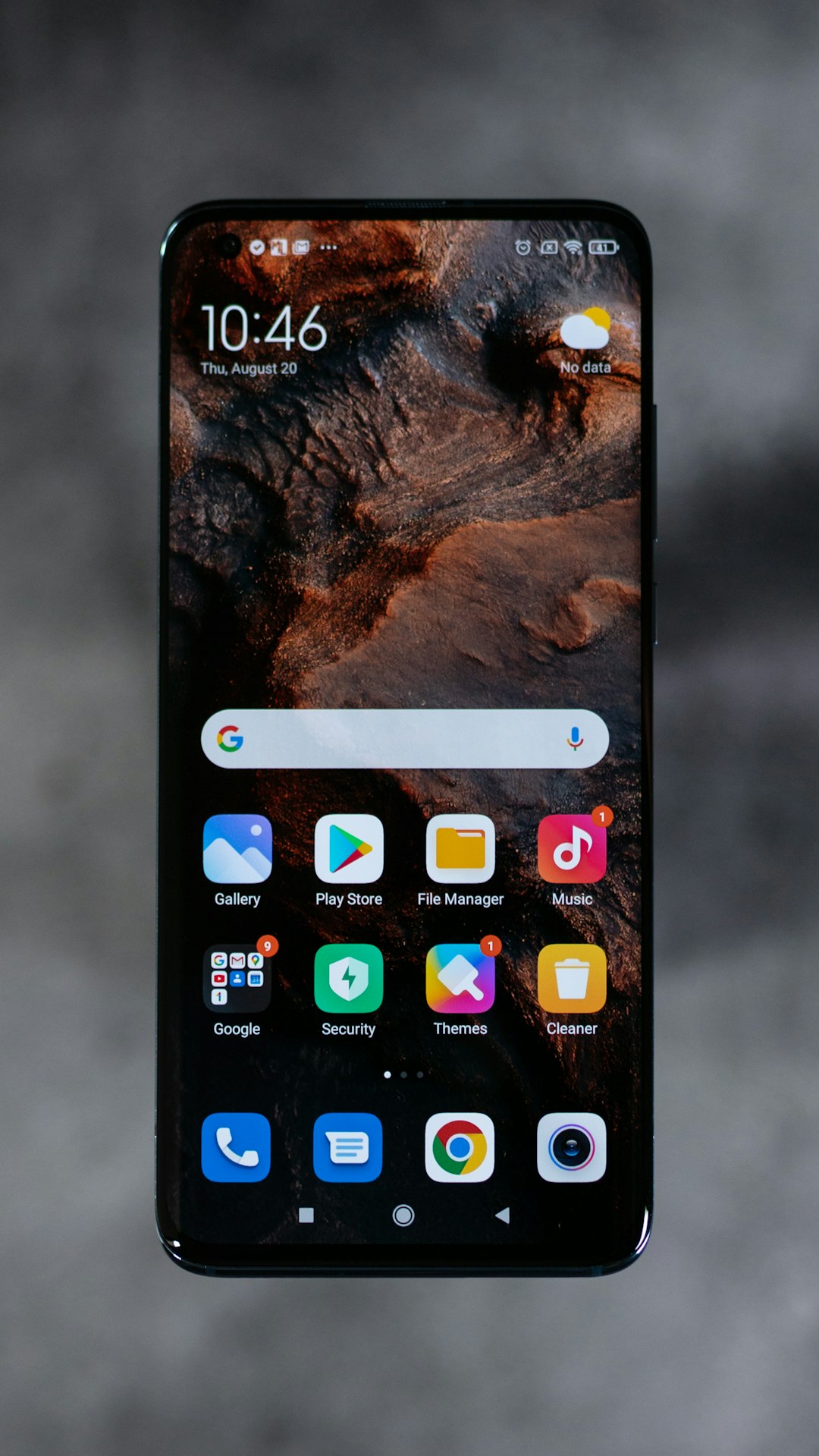Senate Bill 73 in Georgia strengthens do-not-call laws by expanding protections to all phone numbers and imposing stricter penalties for violators. Businesses, especially those engaging in telemarketing, must obtain explicit consent before making automated calls. A Do Not Call Lawyer Georgia is essential for navigating these changes, ensuring compliance, and respecting residents' privacy preferences. This legislation empowers Georgians to control unwanted calls and paves the way for enhanced data privacy and consumer rights protections.
“The passage of Senate Bill 73 (SB 73) has brought significant changes to Georgia’s telecommunications landscape, particularly regarding ‘Do Not Call’ regulations. This article explores the impact of SB 73 on Carrollton, Georgia residents, providing a comprehensive guide for consumers and businesses alike. We delve into the key amendments, their effect on the local ‘Do Not Call’ registry, consumer rights, legal considerations, and potential future implications. For those seeking guidance, this is essential reading, especially if you require legal assistance from a Do Not Call Lawyer in Georgia.”
Understanding Senate Bill 73: A Summary of Key Changes in Georgia's Do Not Call Laws

Senate Bill 73, signed into law in Georgia, brings significant changes to the state’s do-not-call laws, offering both benefits and challenges for residents. This legislation aims to protect consumers from unwanted telemarketing calls by strengthening existing regulations. A key amendment expands the scope of protected numbers, now including all telephone numbers assigned to individuals, regardless of whether they have an active line or not. This expansion ensures that even inactive phone lines are respected under the do-not-call provisions.
For Georgia residents, a major change is the introduction of stricter penalties for violators. The bill increases fines for telemarketers who ignore or disregard the do-not-call requests of consumers. Additionally, it clarifies that businesses must obtain explicit consent before initiating automated calls, enhancing individual control over marketing interactions. These updates emphasize the state’s commitment to empowering citizens to manage their privacy and reduce unwanted communication, making it crucial for businesses, especially those with telemarketing practices, to stay informed about these changes, particularly when seeking assistance from a Do Not Call Lawyer Georgia.
How SB 73 Impacts the 'Do Not Call' Registry in Carrollton, Georgia

Senate Bill 73 (SB 73) has significantly altered the way the ‘Do Not Call’ registry is managed in Carrollton, Georgia, with implications for both residents and businesses. This new legislation provides a clearer framework for consumers to register their phone numbers and limit unwanted telemarketing calls. Residents of Carrollton can now easily sign up for the state’s Do Not Call list, ensuring they receive fewer promotional calls from telemarketers.
For businesses, SB 73 introduces stricter regulations. Telemarketers must comply with the updated rules, which include obtaining explicit consent before calling numbers listed on the Do Not Call registry. A ‘Do Not Call Lawyer Georgia’ can offer guidance to businesses navigating these changes, ensuring they remain compliant and respect the preferences of local residents. This shift aims to empower Carrollton citizens to have more control over their privacy and reduce nuisance calls.
The Rights of Consumers: What You Need to Know About Making and Receiving Calls in Georgia

In Georgia, consumers have certain rights when it comes to making and receiving calls, especially with the implementation of Senate Bill 73. This legislation aims to protect residents from unwanted or excessive phone calls, particularly from telemarketers. One significant change is that businesses must now obtain explicit consent before placing automated or prerecorded calls to Georgia residents. This means that if you haven’t given your permission for such calls, they are no longer permitted under any circumstances.
If you’re a consumer in Carrollton or anywhere in Georgia, it’s crucial to understand your rights. A Do Not Call Lawyer Georgia can guide you on how to register your number on the state’s official Do Not Call list, ensuring that your privacy is protected. Furthermore, businesses that violate these rules by calling registered numbers may face penalties, providing a layer of recourse for residents dealing with pesky calls.
Navigating Legal Actions: When a Do Not Call Violation Occurs in Carrollton

In Carrollton, as in many places across Georgia, the implementation of Senate Bill 73 has brought about significant changes in how businesses and residents interact regarding telemarketing calls. When a violation of the Do Not Call list occurs, understanding one’s legal options is crucial. A resident who feels their privacy has been infringed upon by unwanted calls can take action with the help of a Do Not Call Lawyer Georgia. These legal professionals are equipped to guide individuals through the complexities of state telemarketing laws and ensure they receive fair treatment.
If a business continues to call despite being on the Do Not Call list, the resident may file a complaint with the Georgia Attorney General’s office or seek private legal counsel. A Do Not Call Lawyer Georgia can assist in drafting cease-and-desist letters, representing clients during negotiations, and even litigating against offending companies if necessary. This proactive approach not only protects individual rights but also sends a message to telemarketers that such violations will not be tolerated in Carrollton or any other part of the state.
Future Implications: How SB 73 Could Shape Communication Regulations in Georgia

With Senate Bill 73 taking effect, there’s a new dynamic in how businesses and residents across Carrollton and Georgia communicate. This landmark legislation aims to protect consumers from unwanted calls by introducing stricter regulations for telemarketing practices. Moving forward, Do Not Call Lawyer Georgia will play a pivotal role in ensuring these laws are upheld. Businesses must now obtain explicit consent before initiating phone calls for marketing purposes, marking a significant shift from the previous opt-out approach.
Looking ahead, SB 73 could set a precedent for future communication regulations in Georgia. Its impact extends beyond reducing unwanted calls; it raises questions about data privacy, consumer rights, and the evolving landscape of telemarketing. As the law is implemented and tested, legal experts, including Do Not Call Lawyer Georgia, will be closely examining its effects on both businesses and consumers, setting a course for potential modifications or expansions in communication laws across the state.






